Retail Comes Home
In a world where our homes have become offices, gyms, and classrooms, the next evolution is inevitable: turning the home into retail’s most personal stage.
For many of us, working from home (WFH) is now part of our everyday lives. This has given us an appetite and appreciation for the comfort that our home brings. Whether it’s the familiarity of our surroundings or the presence of family, our home brings certainty and control to us. As many of us spend more time at home, we have seen fundamental shifts in our lifestyle.
Our experience of the 2020 pandemic saw us use our homes for more activities than we previously thought possible. This has led to a blurring between home, leisure and work. Despite many of us returning to offices for work, there is a new appreciation and definition of the work-life balance. Alongside, there is now a ubiquitous nature to work that we haven’t seen before. As many of our tasks merge, so too does the place we inhabit to perform them as we become more balanced in our use of time, along with our use of space.
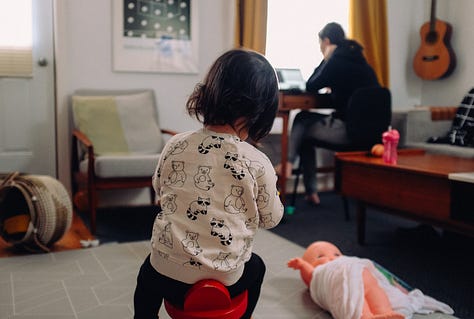
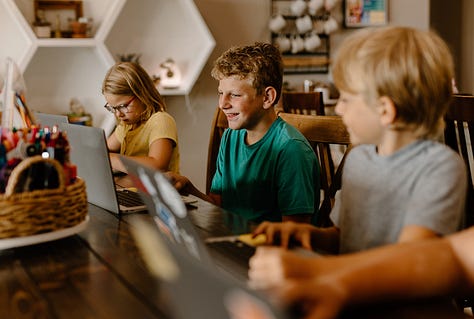
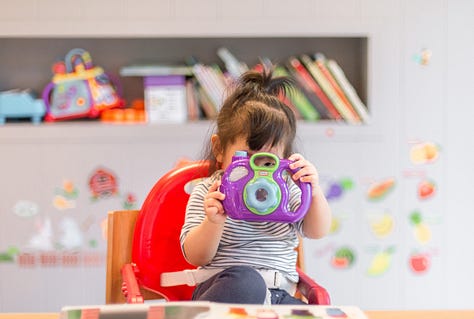
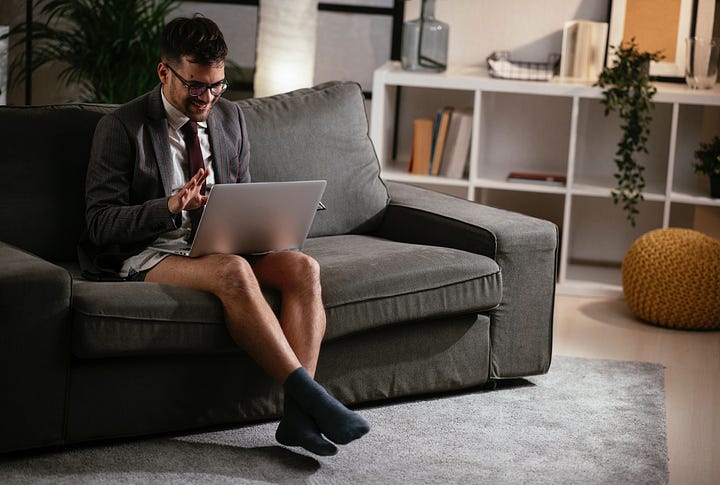
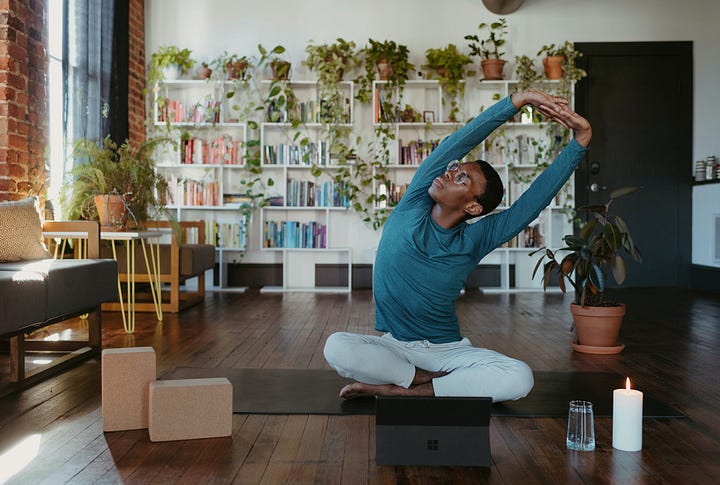
The DIY or DIFH (Do It From Home) culture has expanded the possibilities for people to learn new things and perform tasks they would have usually outsourced. While many people have reverted to buying bread and coffee rather than making it, still, some have found joy and relaxation in tasks they would never have considered, such as gardening, cooking or home improvements. Without a doubt, we’re happy for many of these self-driven activities to remain in our lives.
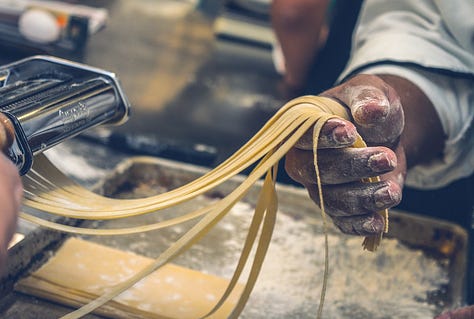
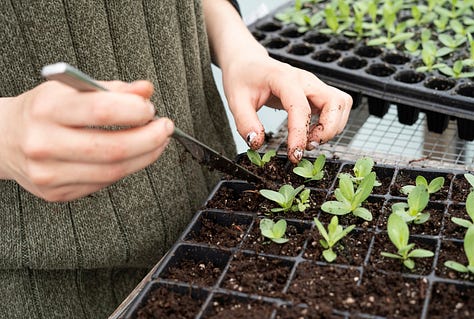
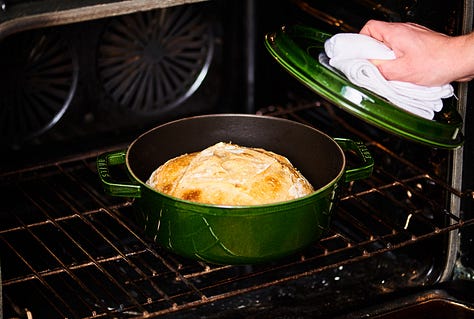
Visceral experiences brought to the home
Could we create more immersive brand experiences in the home by engaging our other senses? Most of our current branded experiences are essentially two-dimensional. In our homes, brands primarily communicate with us through visuals and audio, and hardly ever through scent, taste, or touch. What if they all worked together from your living room? What could a brand send you to smell and touch in preparation for a scheduled video or online experience?
Finding a way to deliver visceral branded experiences to customers could bring experiential retail to far-reaching audiences in the future. Many remote customers outside city centres, who previously couldn’t access the best of retail and brand experiences, are now interacting with brands in ways they never expected.
A personalised tutorial
Online learning from home is nothing new. We already knew we could turn to YouTube or Masterclass to acquire a new skill. Yet one-to-one live video tutorials would be another step of personalisation that many consumers seek. This new-found DIY (DIFH) culture might mean retailers sell expertise as a core product rather than something they use to add value or differentiate themselves as experts. John Lewis provides a ‘virtual expert’ service to customers seeking personal tutorials. These new interactions are driven by our desire for unique and personal experiences. We no longer just want to buy a product, but see the value in acquiring knowledge in the process. Consumers’ need for transformational experiences extends many pre-existing trends and culminates the experience economy.
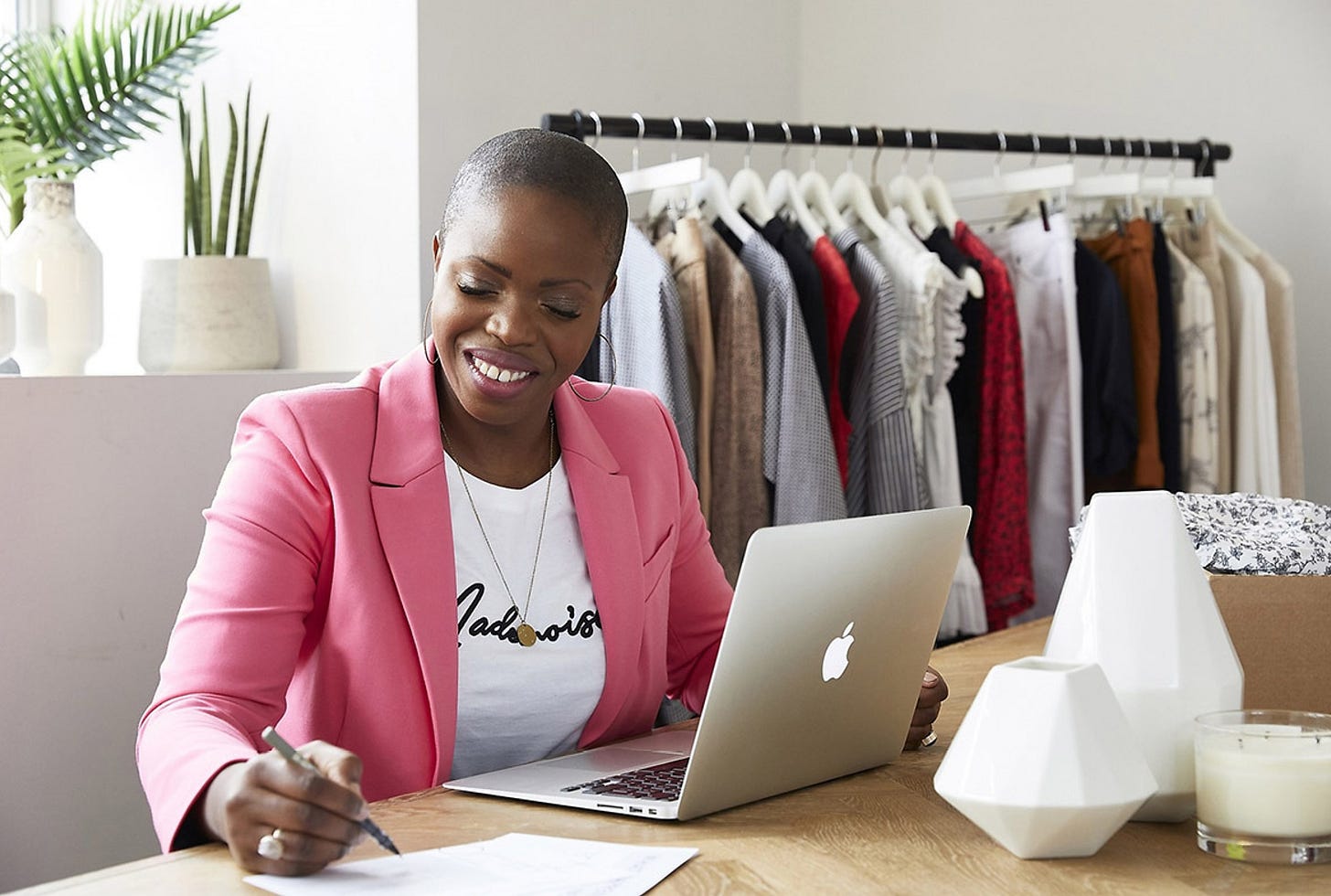
The new Tupperware party
We’ve seen many places merge with the home: the gym, the office, and the school. Is it so unthinkable to also see the retail store in our own abode? Or even become it? The idea of people endorsing products and selling them to friends in a home is as old as the Tupperware party. Brands already understand the power of influencer-marketing and the superior trust we have in peer endorsement. While many people might view the concept of a Tupperware Party as antiquated, selling products via social networks at home, continues to expand.
Social gatherings selling products are mostly pre-planned and driven by a desire for socialisation and community, but could these events be more spontaneous and integrated into our regular social lives? We have the technology to purchase anything, anytime from anywhere, so it seems logical that the best place to buy a portable speaker, is the moment when you were so impressed by it in your friend’s home. Could our private social gatherings be sponsored? We can imagine a future where you can host a ‘Sonos’ party in your home and receive special brand benefits, exclusive products or even payment for your efforts.
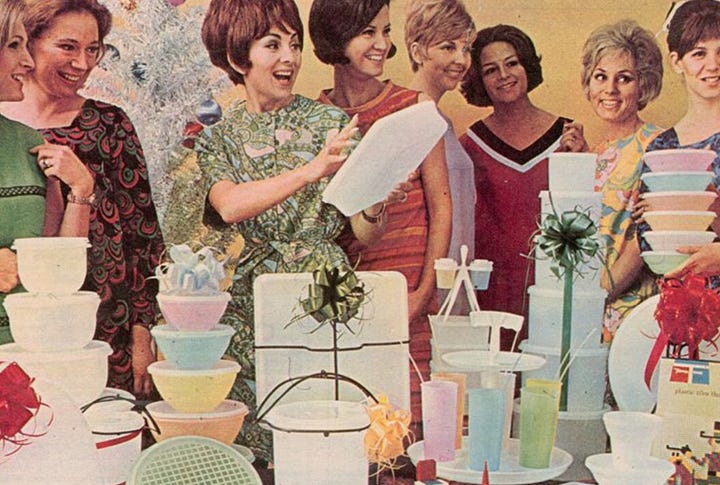
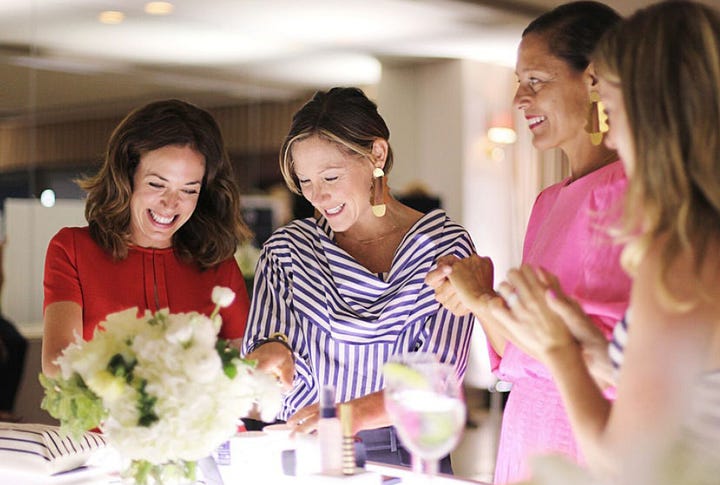
As we use our homes for multiple purposes, many of us are doing things around the house we would never have imagined or attempted before. Retail can respond by bringing experiential retail to the home, allowing people to engage all their senses in brand experiences. Retail can provide the knowledge people need to acquire new skills. In some ways, the home can evolve into a retail store itself.



The home as retail’s most honest testing ground feels inevitable.